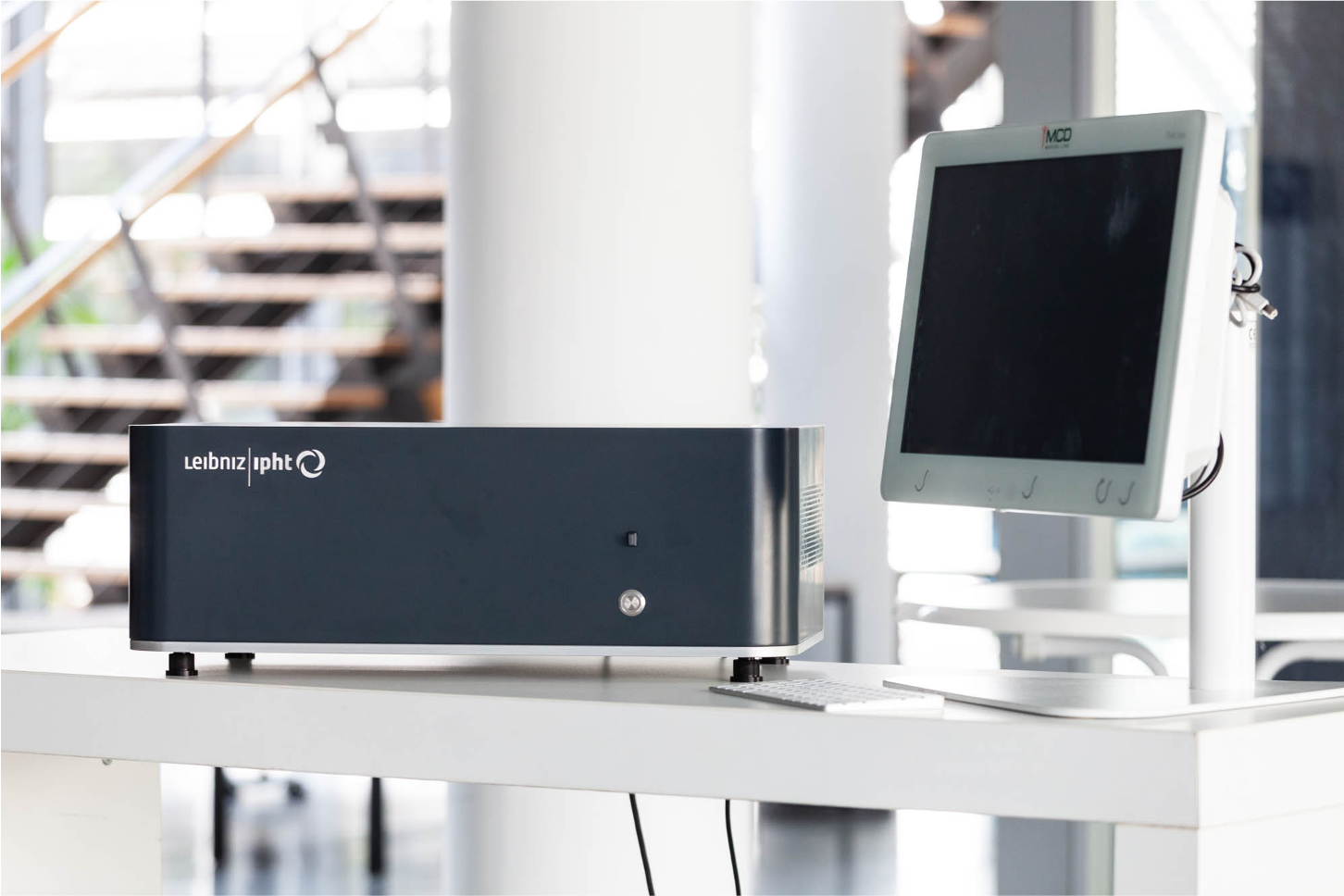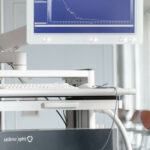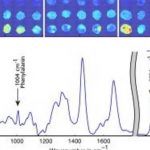- Home
- Research
- Spectroscopy and Imaging
- Work-Groups
- Multimodal Instrumentation
Multimodal Instrumentation
The 'Multimodal Instrumentation' working group is involved in the application-oriented research and development of new optical systems and fiber optic probes based on Raman spectroscopy. These technologies are primarily used in basic research as well as in medical diagnostics, both ex vivo and in vivo, and in industrial process analysis.
A major focus of the group is the development of systems for high-throughput screening Raman spectroscopy (HTS-RS), which are specially designed for the efficient and precise analysis of cells. This technology makes it possible to combine high sample throughput with detailed molecular information, making it a valuable tool for biomedical research and diagnostics. By combining it with other optical modalities, we can provide a more precise insight into and characterize the intracellular changes of eukaryotes.
Another focus of the research group is the Raman probe-based system invaScope, which was developed specifically for spectroscopy-based diagnostics of diseases in vivo. The invaScope enables doctors and researchers to collect precise diagnostic information directly from patients, which could improve the early detection and treatment of diseases in the future. The system was developed and documented in accordance with the requirements of MDR 745/2017 and the relevant standards and allows Raman spectra to be recorded in vivo in patients.
The interdisciplinary working group brings together experts from the fields of medical technology, physics, photonics and engineering to push the boundaries of Raman spectroscopy. By working closely with academic and industrial partners, we aim to accelerate the transfer of our technologies into practical applications and enable improved diagnostics in the future. Future goals include the further development of Raman-based technologies to enable even more efficient, precise and patient-friendly diagnostic procedures.
Research Topics
Development of optical instruments, high-throughput Raman spectroscopy devices, Endoscopy Raman probes, handheld Raman probes, endoscopic piezo-based multimodal probes, Raman imaging systems, fluorescence microscopy, fluorescence life-time imaging, MUSE, and optical coherence tomography for diagnostics
Implementation of high throughput Raman screening platforms for large-scale molecular sampling of cells
- Implementation of live cell capability for the real time surveillance of cell reactions
- Combining Raman microscopy with quantitative phase imaging
- Development of a Raman-based glycogen assay
- Characterization of drug-cell interactions
- Intracellular lipid biology and intracellular lipidomics
Development of scanning and non-scanning endoscopic probes for medical diagnostics and industrial processing
- Development of a diagnostic fiber-optic probe that integrates three optical modalities (Raman spectroscopy, second harmonic generation, and optical coherence tomography), which will enable with high resolution the localization of structural and chemical heterogeneous regions. (MultiFib, FKZ 01KL1904)
- Development of fiber optic probes for in vivo applications
Areas of application

Medical application in vivo:
- Development of a medical Raman platform for clinical diagnostics for the in vivo acquisition of Raman spectra. The accompanying fiber optic Raman probe can be used in combination with an endoscope with a working channel, e.g. a cystoscope.
- Cells research (disease diagnosis, drug – cell interactions)
- Raman-based assays
- Pharmaceutical applications
- Cardiac tissue characterization and localization of fibrotic streaks




